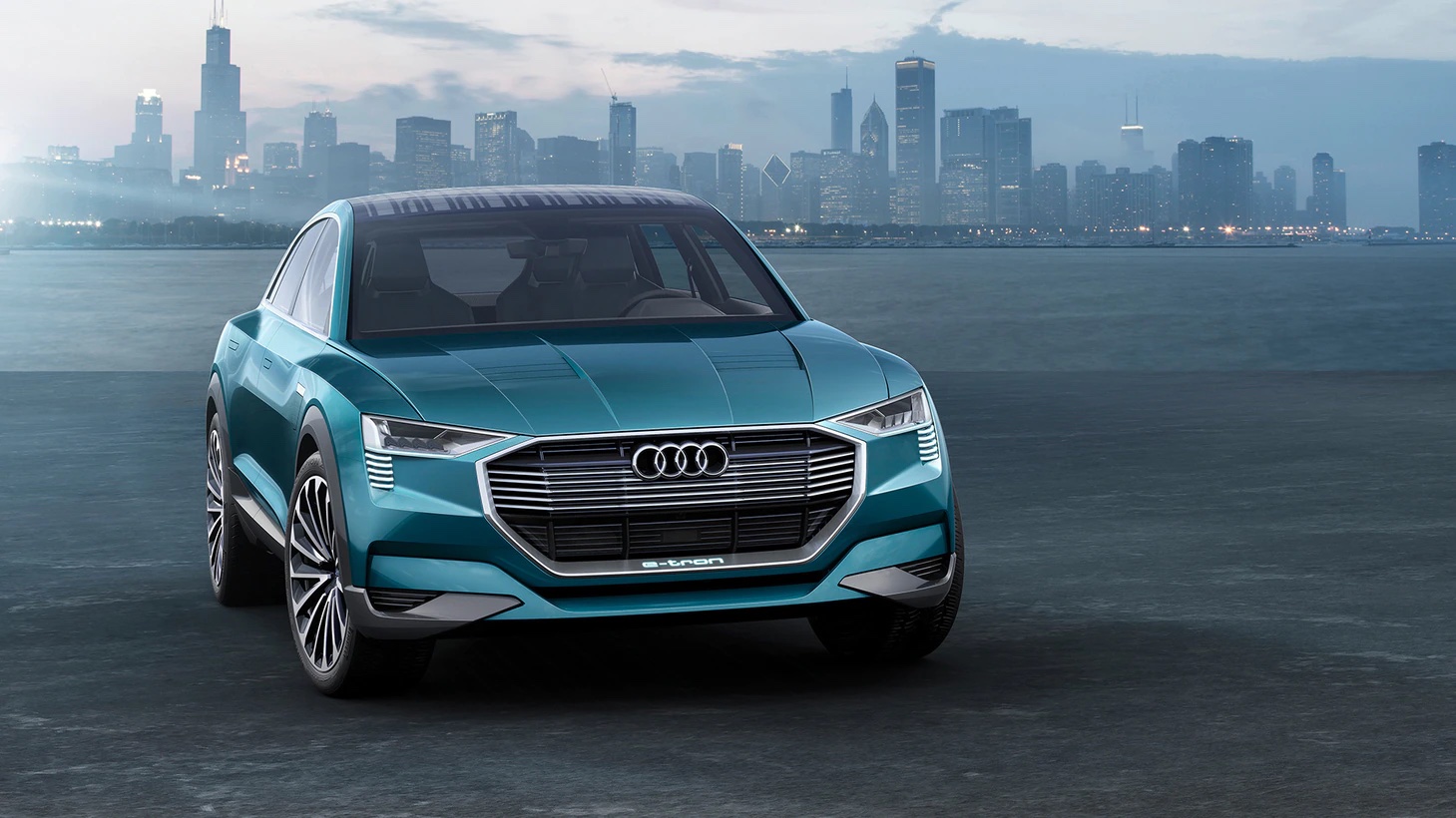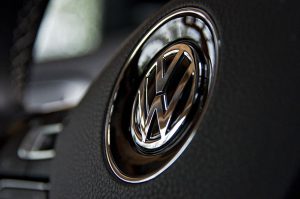German carmaker announces dramatic pivot as 82 assembled cars roll into Chongqing, 20 days after they left the Duisburg factory
(AF) Luxury carmaker Audi said on Tuesday it will stop manufacturing diesel and petrol cars by 2033, the same week as the first freight train carrying whole-vehicle imports arrived in China from Germany.
The company’s pivot to electric vehicles (EVs) is part of an industry-wide pivot towards more environmentally friendly cars.
“Audi is ready to make its decisive and powerful move into the electric age,” Markus Duesmann, Audi board of management chairman, said in a statement.
Starting in 2026, Audi plans to only launch new all-electric car models, while “gradually phasing out” production of internal combustion engines until 2033.
However, strong demand in China could see Audi’s local partners continue to manufacture combustion engine cars beyond 2033, he added.
GREEN CREDENTIALS
This week, the first Chinese freight train carrying Audi imports from Europe arrived in Chongqing. The train, loaded with 82 Audi A8Ls worth more than 32 million yuan (about $5 million ), left Duisburg about 20 days ago.
The cars will be distributed to dealerships in Sichuan, Guizhou, Shaanxi and other western regions of China. About 2,600 cars are expected to be delivered to China in total.
Carmakers everywhere are pouring huge sums into the shift towards battery-powered vehicles as they tout green credentials in a world growing more concerned about climate change.
In Europe, the transition has been sped up in part because of tougher EU pollution regulations and the “dieselgate” emissions cheating scandal uncovered at Audi parent Volkswagen in 2015.
Duesmann said Audi is this year already launching more new EVs than diesel or petrol models. By 2025, the four-ring brand aims to have more than 20 e-models in its lineup.
DOMINATION DREAMS
He also said Audi would keep working to improve its internal combustion engines until the end to ensure greater efficiency. “Audi’s last internal combustion engine will be the best we’ve ever built,” he said.
Audi parent company Volkswagen has said it plans to spend 46 billion euros ($54 billion) over the next five years to dominate the global EV market.
The 12-brand group said it would set up six battery factories in Europe by the end of the decade as part of the push, hoping to reduce reliance on Asian suppliers of the key component in electric cars.
The global semiconductor shortage has already affected production. FAW, which builds Audis in China, announced that its car production schedule for the brand would be cut by 30% due to a dearth of chips.
The shortage would not impact Volkswagen’s profit 2021 forecast, the company said on Tuesday, in response to a media report that the carmaker expected a production drop due to bottlenecks.
ALSO SEE:





















